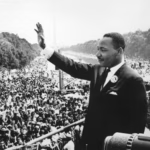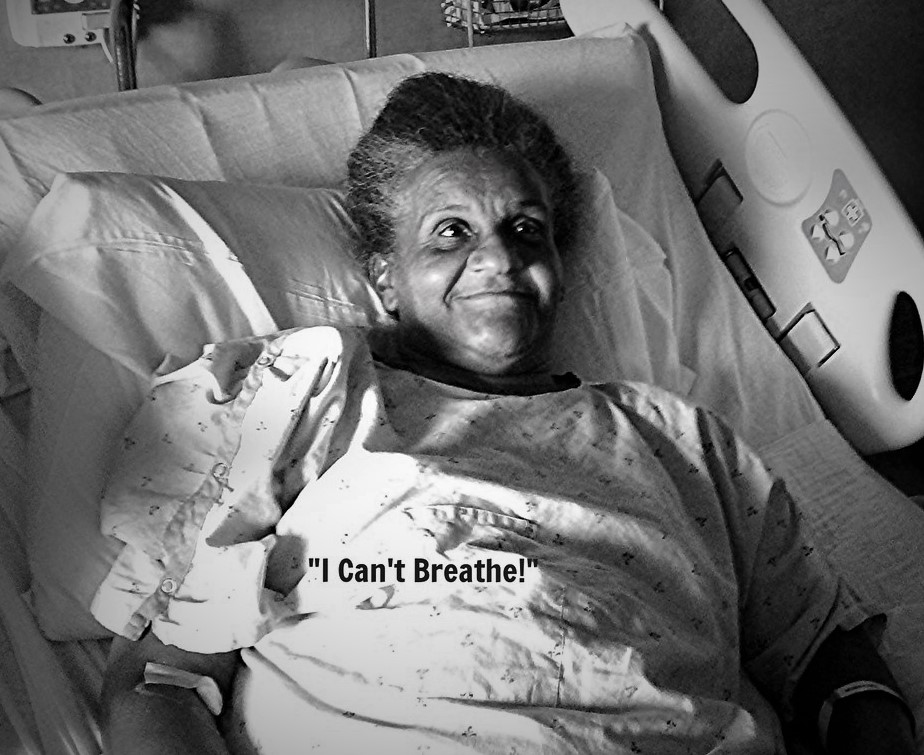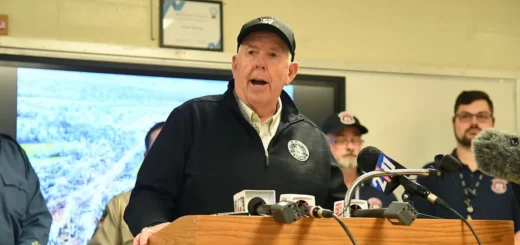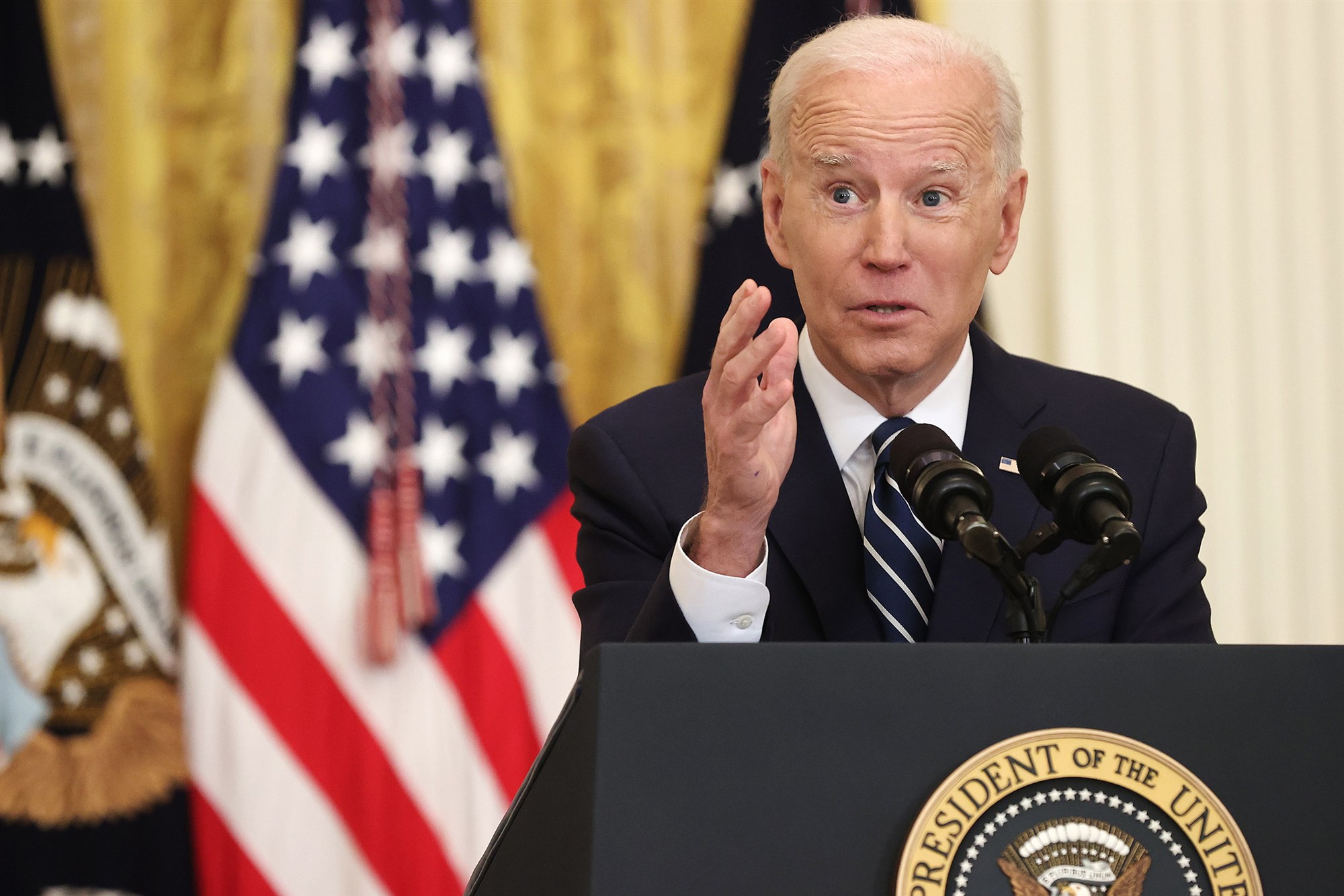A corporate, commodified Black History Month is taking hold. We can’t let it
Black History Month, the annual commemoration of Black history in the United States that originated with Carter G. Woodson’s Negro History Week, is winding down. I have to admit, this year’s celebration is among the worst yet. Instead of providing a platform to explore the rich history of Black people in America, this month has been a billboard for commodified representations of Blackness. Commercializing holidays and co-opting Black culture are both standard practices in America. Like the pat Black Lives Matter virtue signalling last June, branded co-optation of Black history has been rampant. For some, this visibility may indicate that Black people have advanced.
But what I see is an admission: powerful elected officials and corporations in the US resort to symbolism and token opportunities, because they’d rather not offer anything else. In a system that relies on exploiting labor and directing resources to an elite minority, actually advancing the health and prosperity of the masses of Black people undermines the exploitation that capitalism relies on.
Rightwingers crystallized this point in the early months of the pandemic: we can’t let the stock market tank, so we have to get people back into stores and warehouses to service us. To put a finer point on it, conservatives on both sides of the aisle assume that if these workers – who are disproportionately Black and brown – are given any sort of government aid or regular stimulus checks, they may not want to slave away in low-wage jobs. God forbid people can protect their wellbeing and not stuff some corporate manager’s pockets!
So instead of transformative policy, a select few Black Americans are given hypervisibility. Instead of living wages, universal healthcare, student debt cancellation, free public college or anything that can minimize the massive Black-white wealth gap, we get Black History Month-themed Apple Watches and Black sitcom collections on Netflix. Instead of reparations to address the centuries of harm that contributed to Black Americans facing some of the highest Covid-related fatalities, we get kente cloth prayers and Snapchat slave-chain filters. Instead of commitments to defund police departments or good faith debates around abolition amid perhaps the largest protest movement in history, we get the author of the crime bill for president who made some unbinding commitments to include a few Black people in his administration. What we don’t get, however, is progress.
After decades of a political realignment that saw Democrats focus policy on business interests and pivot marketing to Black Americans, the Black incarceration rate has grown, Black unemployment has grown, the Black-white wealth gap has grown, and the Black homeownership rate has been virtually unchanged since the 1970s. The percentage of Black men without a job in deindustrialized towns has been obscene, reaching up to 53% for Black men in their prime working years in a city like Milwaukee, while Black women and Latinas experienced the largest job losses of any other demographic by 2020’s end.
Adequate depictions of Black people in media and politics are important. Not seeing the complexity of Black people in media or in literature is alienating. And if those depictions traffic in racist stereotypes, when we do see Black people in mass media at all, studies indicate it can harm the psyche of young Black children. When the movement for civil rights transitioned into more discrete calls for Black political power in the late 1960s and 70s – with even radical Black groups like the Panthers organizing around electoral politics – Black people were practically invisible among the country’s mayoralties. But after 50 years of Black Americans ticking off firsts in myriad categories, what good does it serve if the communities that elected them are in the same condition they were in the 1960s? What good is it to have dozens of commercials depicting Black families and business owners on screen if most Black families in our real lives can’t enjoy the security of homeownership and many struggle to retain employment?
Representation means something. It means someone works on behalf of someone other than themself. The mere existence of a Black person in entertainment, a boardroom, or in much-needed political positions is not representation. That is one half of the equation. Individual achievements are not representation. Hypervisibility is not representation.
When the 1970s saw the first round of Black mayors in cities like Atlanta, Detroit and Los Angeles, these historical firsts were a proxy for communal uplift. I was a beneficiary of that movement, with my family moving to Georgia right as Atlanta’s first Black mayor served another term. As a child, I witnessed Black people lead in every level of government, countering the myths of white supremacy that, for generations, insisted we barely even had human rights.
But in 2021, with the financial security of many Black people bottoming out, historical firsts are not enough, and parading Black people on screen is not progress. Token leaders with token gains, as Malcolm X stated, are not sufficient. There’s a particular cruelty, especially now, in pretending that they are.
· Malaika Jabali is a Guardian US columnist
Author Profile
Latest entries
 Henry Louis Taylor, Jr.01/20/2025Reflections on Martin Luther King, Jr.’s Dream
Henry Louis Taylor, Jr.01/20/2025Reflections on Martin Luther King, Jr.’s Dream Henry Louis Taylor, Jr.01/09/2025The Trump Inaugural Parade is a Political Event
Henry Louis Taylor, Jr.01/09/2025The Trump Inaugural Parade is a Political Event Henry Louis Taylor, Jr.05/04/2024The Occupation of Hayes Hall: Student Rebellions and Remaking the U.S. UniversityThe Occupation of Hayes Hall
Henry Louis Taylor, Jr.05/04/2024The Occupation of Hayes Hall: Student Rebellions and Remaking the U.S. UniversityThe Occupation of Hayes Hall Henry Louis Taylor, Jr.03/21/2024Ryan’s infill housing strategy is the right plan for Buffalo
Henry Louis Taylor, Jr.03/21/2024Ryan’s infill housing strategy is the right plan for Buffalo



